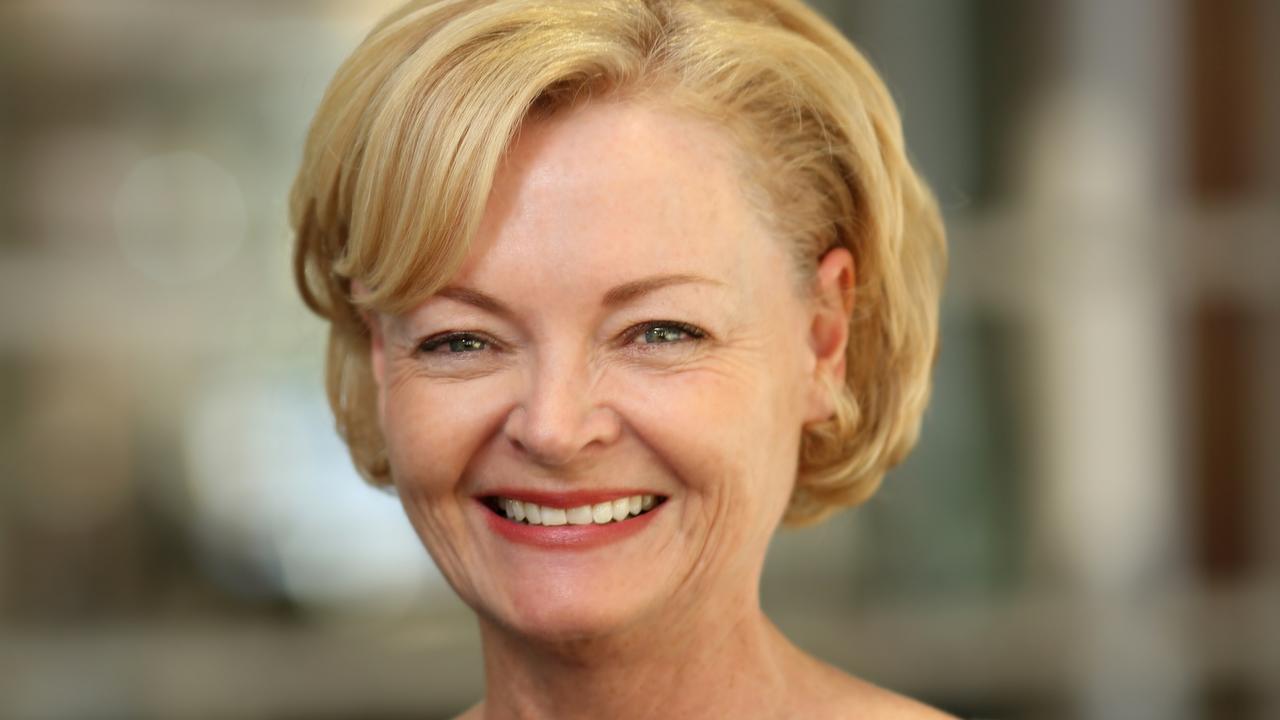Chanel Contos petition: ‘Lack of respect and porn culture to blame for the epidemic of sexual assault’
Fingers are being pointed after shocking new revelations about a sick problem in our schools, but there’s only one real reason it’s happening.
OPINION
Why does it take yet another brave young woman to stand up and call out the sickening, and often criminal, behaviour of her male peers to draw national attention to a culture which, far from valuing young women, demeans and disrespects them, to the point of assuming that they want and deserve the non-consensual and even violent sex that features in today’s online porn.
Like Brittany Higgins whose allegations of rape in a Parliament House ministerial office went unaddressed for two years until she publicly exposed what happened on national television, it has taken the public telling of very graphic and distressing stories by former Sydney school students to expose the underbelly of disrespect, privilege and callousness displayed by young men towards young women.
This problem is not about girls — how they behave, how much they drink or what they wear. Nor is this problem about single-sex schools — where girls are actually empowered to stand up and speak out on issues that affect them — just as Chantel Contos has done with her petition.
This is a systemic centuries-old societal problem. It is fuelled by the over-sexualisation of women in the media and easy access to pornography that is increasingly aggressive towards women. It is behaviour that endorses male sexual entitlement, lack of accountability and a power imbalance — whether that is a young man taking advantage of a young woman at a party, or a work colleague or manager abusing their position of trust.
While it has been unsurprising to hear the principals of boys’ schools condemning behaviours that disrespect women and admitting that not enough is being done to stamp out toxic masculinity in their schools, is it not the remit of schools alone to change entrenched attitudes about gender roles or educate young people on what consent means. This is a pervasive issue that demands a collaborative and comprehensive national response from all levels of government, employers, schools and parents.
According to the 2016 Australian Bureau of Statistics (ABS) Personal Safety Survey, 1 in 6 women have experienced at least one sexual assault since the age of 15 compared to 1 in 25 men. ABS data also shows that the majority of recorded sexual assaults were perpetrated by males, with the highest offender rates occurring in males aged 15-19.
RELATED:Chilling story shows dark problem with porn

RELATED:Vile sex assault claims rock elite schools in Victoria and Queensland
Sadly all schools — whether coeducational or single-sex — are well versed in the kinds of sexual abuse and assault shared in the petition started by Ms Contos.
Undoubtedly the stories she has gathered have provided important insights into the types of sexual situations students are confronted with outside of school. And hopefully the public attention now garnered will provide a pivotal opportunity for schools, parents and the broader community to come together to provide the real support and education that young people need, and are calling for, particularly on the issue of consent and what constitutes a criminal act of sexual assault.
While there are no statistics specifically related to the sexual harassment and assault of school-age students, a 2016 report by the Australian Human Rights Commission revealed the alarming extent of sexual assault on Australian university campuses. In addition, the former Sex Discrimination Commissioner, Elizabeth Broderick, followed up in 2018 with a report investigating the toxic culture of residential colleges at the University of Sydney.
Both reports revealed shocking statistics on sexual assault, abuse and harassment, including that women at university were more than three times as likely as men (10 per cent vs 2.9 per cent) to have been sexually assaulted; that the majority of perpetrators of sexual assault or sexual harassment in a university setting were male; and that in approximately half of these incidents, the perpetrator was known to the victim.
Similarly, a 2016 report by the Women and Equalities Committee of the UK House of Commons exposed, in its own words, “the shocking scale of sexual harassment and sexual violence” experienced by girls in schools in England.
RELATED: Dark secret at some of Sydney’s most elite schools

RELATED:Single-sex vs co-ed: Theory behind worrying sexual assault trend
Evidence presented to the Committee included that almost one-third (29 per cent) of 16-18 year old girls experienced unwanted sexual touching at school and 59 per cent of girls and young women aged 13-21 said in 2014 that they had faced some form of sexual harassment at school or college in the past year.
Giving evidence to the Committee, Laura Bates, of the Everyday Sexism Project, described sexual harassment and sexual violence in schools as “a widespread, regular and common problem (and) something that the majority of girls are experiencing”.
While the point was not specifically addressed in the UK House of Commons report, it was clear that the evidence presented related to girls and young women in coeducational environments. There was no evidence of similar experiences reported by girls attending single-sex schools in the UK.
This is not in any way to diminish the call by Chantal Contos for young people to learn more about consent and what constitutes sexual assault, and for action to be taken where crimes have been committed. But clearly the issue of what happens inside coeducational schools, as well as what happens outside the school gates — regardless of what type of school a student attends — must be addressed and it must be addressed now.
We congratulate all of the girls and women who have bravely told their stories, and we commend the many boys and men who have, through their words and actions, demonstrated their genuine respect for women.
We can only hope that these stories act as a catalyst for real action and an enduring change across society so that the appalling culture of disrespect, male entitlement and the sexual assault of girls and women is brought to an end.
Loren Bridge is the Executive Officer of the Alliance of Girls’ Schools Australasia
To sign the petition, visit Ms Contos’ new website




